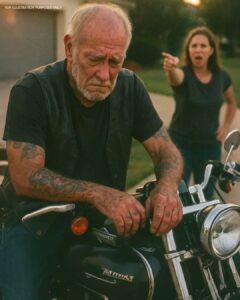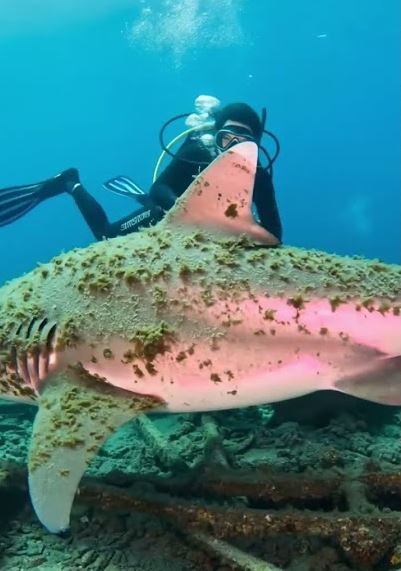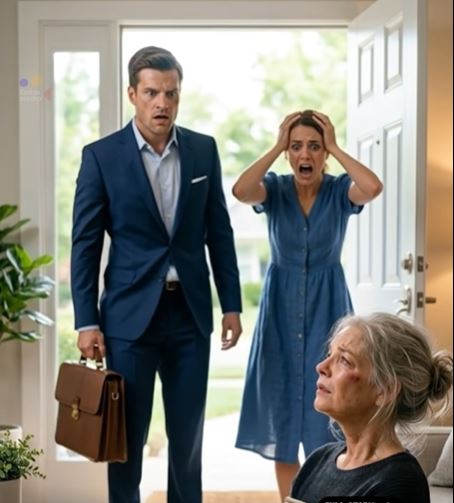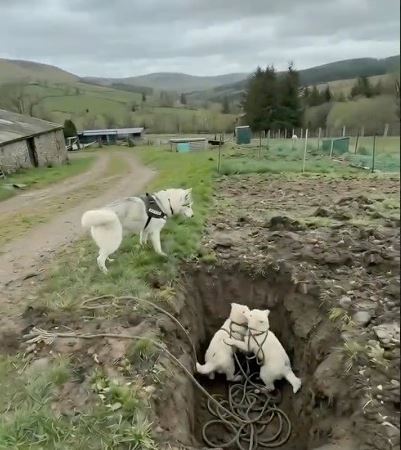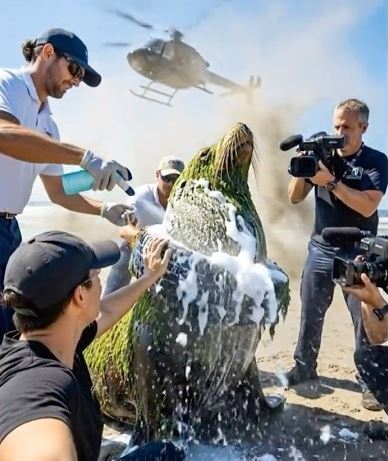He called it his “last great adventure,” like that explained everything.
For fifty years, my dad worked in a gritty motorcycle repair shop. His hands were always stained with grease, and he smelled like motor oil and tobacco. To me, he was a bit of a mystery—and sometimes an embarrassment. His faded tattoos, worn leather jacket, and biker boots didn’t exactly blend in at school events or social functions.
When he finally sold the shop, I assumed he’d do something practical—like help me out with a down payment on the condo I’ve been saving for. Life’s been expensive lately, and I’ve been juggling bills, canceled vacations, and extra shifts just to stay afloat.
But instead of contributing to my plans, he bought a shiny new motorcycle and announced he was heading off on a cross-country road trip.
I was stunned.
When I questioned him, he simply said, “Sweetheart, at my age, every day is a gift. I want to spend it doing something I love.”
I couldn’t help but feel overlooked. I’m 42, working hard to make ends meet, and my dad—now 73—was planning to ride across the country like a free spirit in his twenties.
After my mom passed five years ago, I had hoped he’d settle into something quieter, maybe even become the calm, comforting presence I felt I needed. But instead, it seemed he was returning to a version of himself I never fully understood—carefree, bold, and somehow, even more alive.
Over dinner last week, I tried to reason with him. “You don’t need a brand-new Harley. You could get a simple car, help me with my condo, and still have money left over.”
He looked at me gently and said, “Amanda, I’ve spent my life being responsible. I put you through school, helped with your first home, and showed up for every moment I could.”
“But things are different now,” I said.
“I know,” he replied. “And I want you to thrive. But this trip—this dream—it’s something your mother and I always talked about. She made me promise not to forget what brought me joy.”
Then he pulled out an old photo. It was Mom, young and vibrant, sitting on a motorcycle with a leather jacket and a smile that looked just like mine.
“She loved the open road,” he said. “If she were here, she’d be riding with me.”
The truth hit me in a way I hadn’t expected.
The following week, I watched from the driveway as he packed his things. His biker friends stood nearby, laughing and telling stories. I still didn’t completely understand it, but I could see he was happy.
Before he left, he handed me an envelope. Inside was a check—not enough to change my life completely, but enough to help.
“I sold my tools,” he said. “They built my life. Now maybe they can help with yours.”
I asked, “If you were going to help anyway, why all the disagreement?”
He smiled. “Because this was never just about money. It was about being seen—for who I am and what I’ve given. This trip is part of that.”
That morning, he rode off into the sunrise.
Over the next few months, he sent postcards from every corner of the country. We spoke often, and something shifted in our relationship. Our conversations deepened. I began to ask more about his journey—and about the freedom he was rediscovering.
When he finally returned, I met him at his apartment. As we unpacked his gear, I saw something I hadn’t noticed before: joy. A sense of peace and purpose that had been missing for years.
Later that evening, I said, “I think I owe you an apology. I didn’t understand what this meant to you.”
He nodded, smiling. “We all have blind spots. I’m just glad you’re starting to see me for who I really am.”
